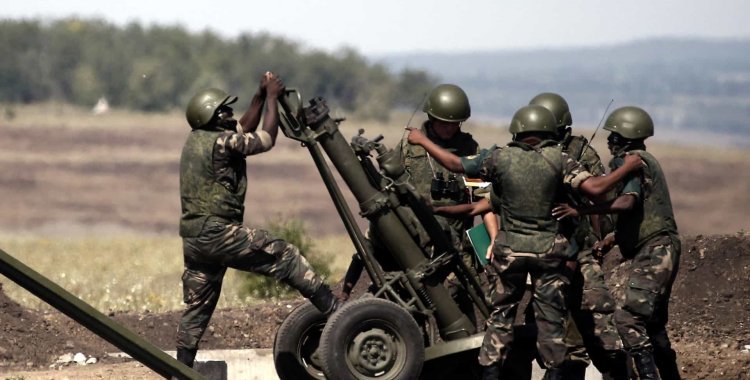"The level of expenditure on Angola's defense has suffered a slight erosion in recent years due to the devaluation of the currency and the years of recession", says the document from the British think tank.
The IISS indicates that “Angola's aspiration to recapitalize and modernize its armed forces has been hampered by fluctuations in oil prices, galloping inflation and international sanctions against Russia and Belarus, both traditional sources of Angolan acquisitions”.
To mitigate these problems, Angola has sought to diversify its equipment sources with equipment from China, Turkey and the United Arab Emirates.
"Angola's dependence on oil exports has led to the delay or cancellation of a series of projects" since 2010, such as the purchase of several patrol ships for the navy.
However, IISS analysts believe that economic growth forecasts for the next five years thanks to rising oil prices could resume investment in military capabilities.
"With the largest armed forces in Southern Africa and an army and air force that use large quantities of obsolete Soviet-era equipment, Angola's recapitalization needs are increasingly urgent," the document reads.
The Military Balance 2024, published by IISS this Tuesday, includes updated data on military capabilities, equipment inventories and defense budgets of 173 countries and analyzes different world regions.
The document highlights Mozambique's cooperation agreement last year with the Turkish Defense Industries Agency (SSB) "with the aim of acquiring armed Baykar drones, potentially the Bayraktar Akinci”.
According to the IISS, “Africa has become an increasingly important market for relatively new defense exporters” such as Turkey and the United Arab Emirates.
“Exporters are making inroads at a time when Russia is focusing on meeting domestic equipment needs,” they explain.







